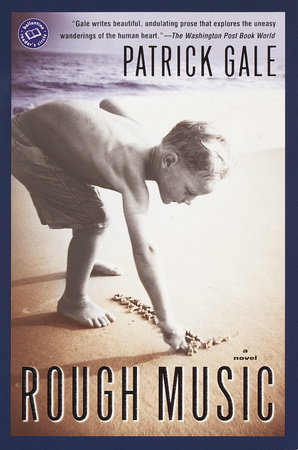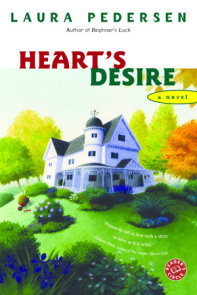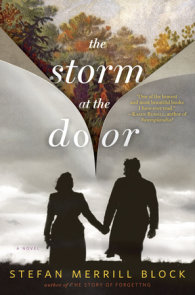READERS GUIDE
Questions and Topics for Discussion
1. How do the three quotations at the beginning of the novel relate
to your understanding of the book’s themes and characters?
2. The novel’s alternating chapters underscore the contrast between
children’s and adults’ perspectives on the world. In what other
ways does the novel suggest that children and adults often have
very different realities?
3. Most of Rough Music is set on and around the beach in Cornwall.
How does the beach–the ocean itself, the shoreline, the sand–
function in the novel?
4. Memory is at the heart of this novel, both in terms of the Pagetts’
recollections of their summer at Beachcomber and Frances’s Alzheimer’s.
Do you see any connections between these two kinds of
remembering? What kind of personal issues seem to be at stake in
the suppression and failure of memory?
5. What role do nostalgia and homesickness play in the novel?
6. Prisons and various kinds of imprisonment are recurring themes
in Rough Music. Which characters are most concerned with rules
and boundaries? How do family and marriage seem to confine
certain characters?
7. In what ways does language have a capacity to incriminate the
novel’s characters? In what ways does it help to liberate them?
8. When Julian frees Lady Percy on the beach, he says, "Go . . .
Quick. Before they can catch you again." What exactly is he trying
to accomplish by releasing his pet? How does this event reflect
his changing sense of the world?
9. How would you describe the betrayals–both intentional and
otherwise–that occur in Rough Music? Do you think the novel
suggests that at least some of these betrayals are inevitable?
10. Skip and Julian’s new names represent an attempt to begin new
lives–a reflection of Frances’s hopeful "Clean slates all round?"
What do you make of this concept and of the particular name
changes?
11. Julian’s enrolment into the Barrowcester Choir School is somewhat
mysterious. What do you imagine is behind this dramatic
development? How does Julian’s time at the school seem to
shape him?
12. The book plays games with gender roles and with perceived norms
of masculinity and femininity. How do Julian’s ideas about his own
sexuality and maleness develop against this background?
13. How would you characterize our expectations for the novel’s female
characters? How do they differ from our expectations for
the male characters?
14. What does "Rough Music," the sculpture, signal or represent for
the novel’s characters and for us as readers? Do you think the ti-tle
has another significance?
15. How do you feel about the novel’s ending? If you were going to
write an afterword, what would it contain?




















